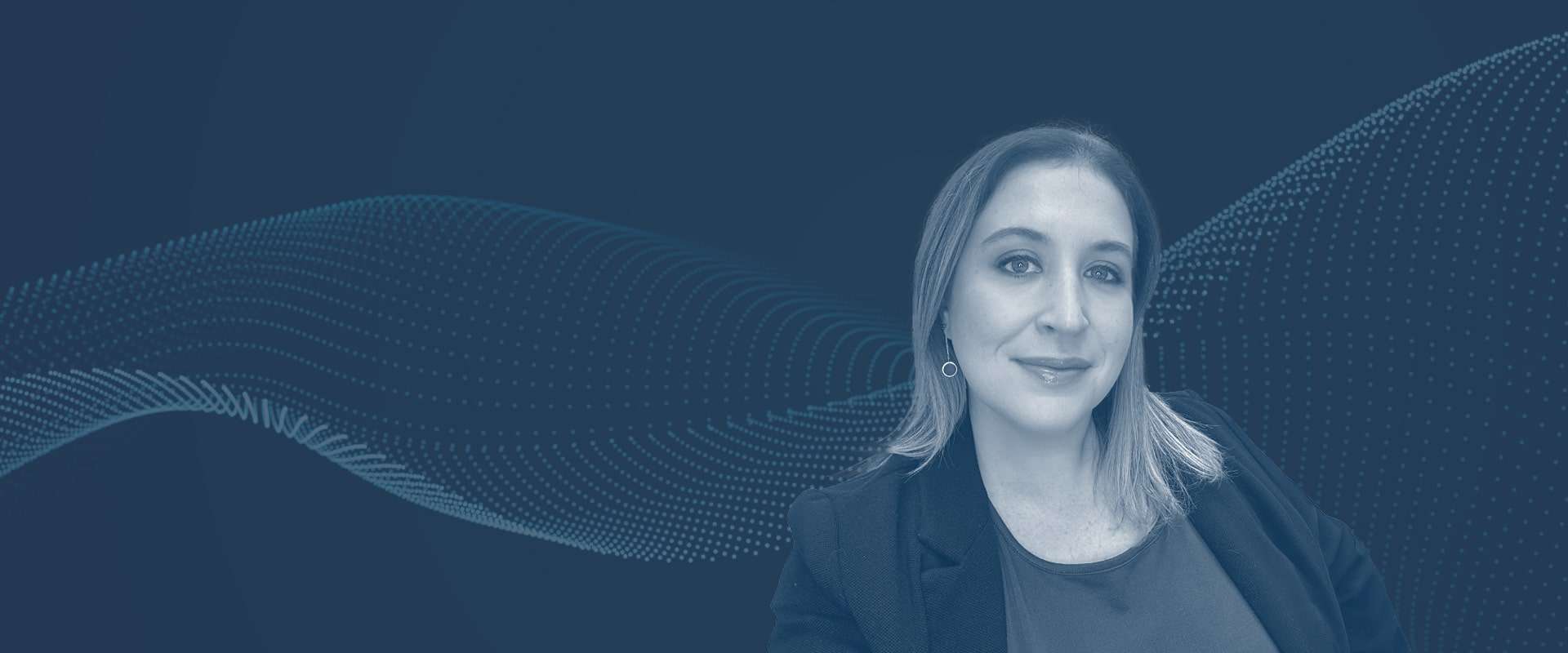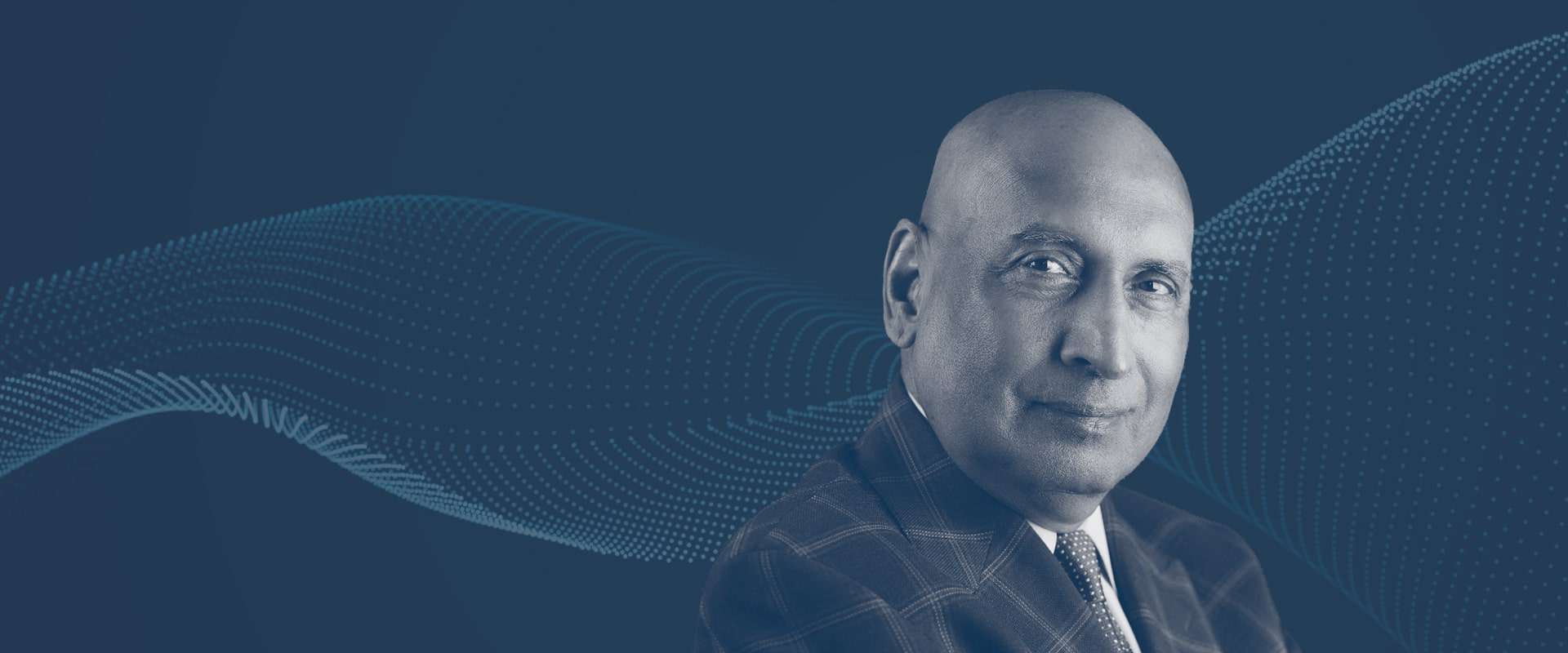Audiology, a field that has journeyed far since its inception, has achieved significant milestones, filling us with pride and optimism for the future.
In the 1960s and early 1970s, audiology was primarily reliant on the available technology and testing methods. The audiometer was a pivotal tool in most testing procedures, and the process for selecting and fitting hearing aids was basic. The introduction and promotion of impedance audiometry in the early 1970s, followed by its widespread clinical acceptance in the later part of the decade, marked a significant shift. The 1980s witnessed the routine use of auditory evoked potentials, particularly auditory brainstem response (ABR), heralding a new era in audiology. However, rapid technological advancements have led to a profound transformation in the field.
Before the 1980s, academic programs adequately prepared most clinicians for their work. However, external pressures led to a push for a professional doctorate. In the 1990s, there was a strong movement to change the degree requirements and designator. This change occurred in the early 2000s, prompting many programs to adopt a new curriculum and change the degree from MS/MA to AuD.
The field of audiology is heavily influenced by technological advancements, and the transition to a doctoral-level profession was seen as consistent with the growth and expansion of services offered by audiologists. While the PhD remains a terminal degree in science and research, the AuD degree effectively meets the needs of clinical audiologists.
The profession has evolved significantly. Audiology now encompasses a broader range of services, extending beyond hearing and hearing care to include a vestibular component. These changes necessitate modifications to the curriculum and the maintenance of a contemporary scope of practice. Any alterations in the scope of practice directly impact clinical practice and education and require legislative and regulatory changes at the state level. These changes can be intricate, time-consuming, and costly for audiologists and state associations. Therefore, it is crucial for the profession to adopt a systematic and consensus-based approach to updating the scope of practice, ensuring some consistency in the required changes across states. This approach also gives teaching institutions sufficient time to implement corresponding curricular changes.
Reviewing the scope of practice is common among health-care organizations to reflect additional clinical practice activities and protect the scope of practice. The Academy completed a substantial review and update of our 2004 scope of practice document in 2023.
Given that expanding our scope of practice can often be met with resistance by the physician community, the profession will be more successful in working together to envision it. The American Medical Association (AMA) has had a long-standing campaign to fight scope creep that would jeopardize its model of physician-led health care. Each year, it identifies the most significant threats as advocacy priorities and monetarily supports state medical associations and specialty society efforts.
The population of individuals with hearing and balance problems is projected to rise significantly, necessitating a proactive approach with a unified vision. Instead of disparate state efforts, a universal approach can be adopted to outline the requirements for expanded practice and the necessary steps in legislation, regulation, and education. The American Academy of Audiology and other audiology organizations can lead the way in adapting to the changing times of our profession.
Bopanna Ballachanda, PhD
President
Related Posts
PRESIDENT’S MESSAGE | Shaping the Future of Audiology
The best thing about starting a presidency in October is that I get to start my year in the best month for audiologists, Audiology Awareness…
PRESIDENT’S MESSAGE | Legends in Audiology
The field of audiology owes its development to the groundbreaking contributions of a small cohort of visionaries who laid the groundwork for this specialized area….
PRESIDENT’S MESSAGE | Impactful, Inclusive, and In-Person: AAA 2024
The American Academy of Audiology is gearing up to host the largest gathering of audiologists, audiology students, and hearing health-care professionals in Atlanta at AAA…

